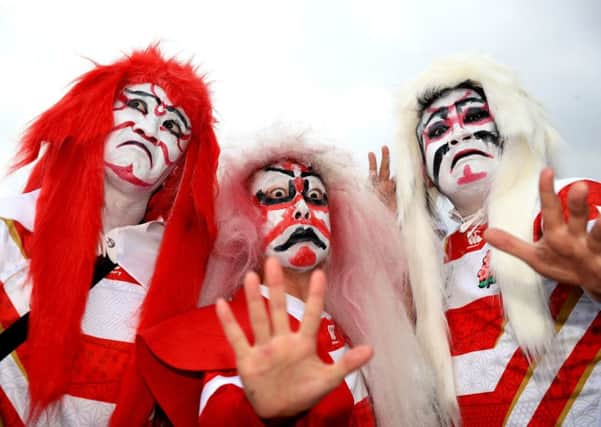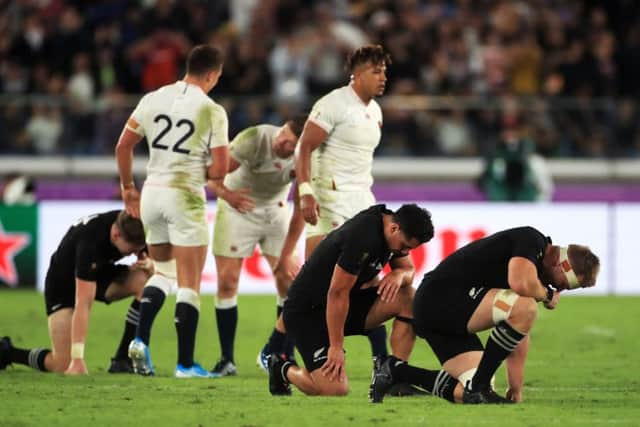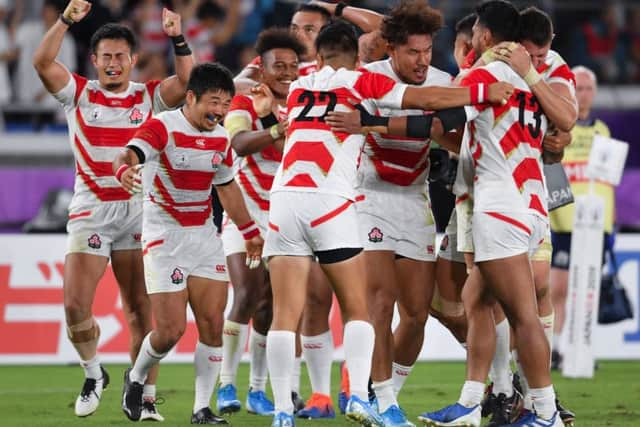Rob Vickermen – Rugby World Cup shows Japan has earned its bow on global stage


THERE is no denying the announcement of the 2019 Rugby World Cup being hosted in Japan was a risk when World Rugby made the announcement a whole decade ago.
There were many questioning the appeal of rugby in Asia, and specifically Japan, a team who at that point had one named credit in World Cup statistics, a record 145-17 loss to New Zealand in 1995.


Brave Blossoms in Brighton
Advertisement
Hide AdAdvertisement
Hide Ad

Little did anyone know that one of the most stunning Rugby World Cup games, if not rugby as a whole, would take place in Brighton in 2015, for which I was present commentating for the BBC.
Most of the way down I was creatively assessing synonyms for ‘smashed,’ ‘dominated’ and ‘obliterated’ as, at the time, South Africa were the most successful World Cup team ever and Japan were the exactly the opposite, in terms of wins and losses.
The commitment, strategy and execution was a special thing to witness, and, as the game finished, the Japanese fans at the ground, many in tears, were buoyed by the 34-32 victory – whilst many others were asking ‘what impact would this have?’
The timing was perfect to gear toward the next four-year cycle, and the World Cup lit the fuse for optimism in Japan.
Advertisement
Hide AdAdvertisement
Hide Ad